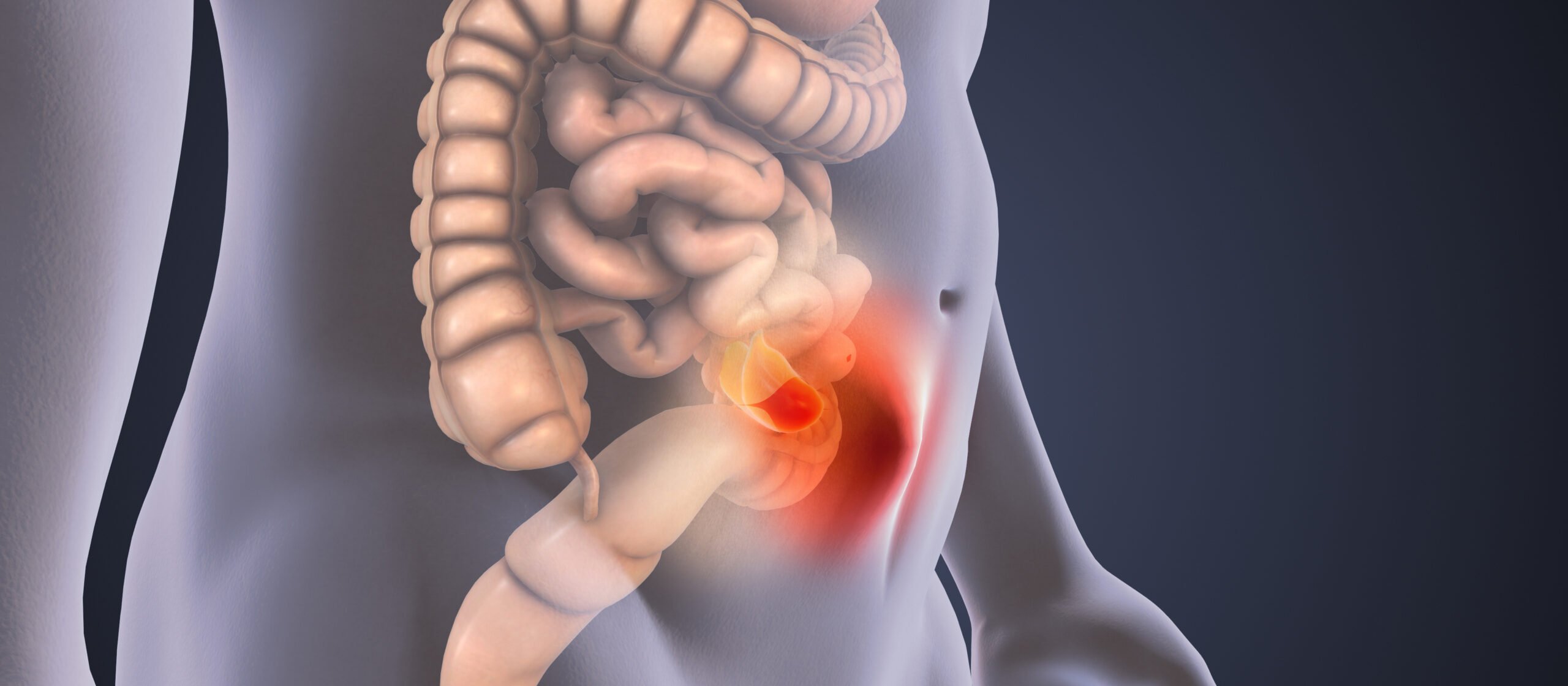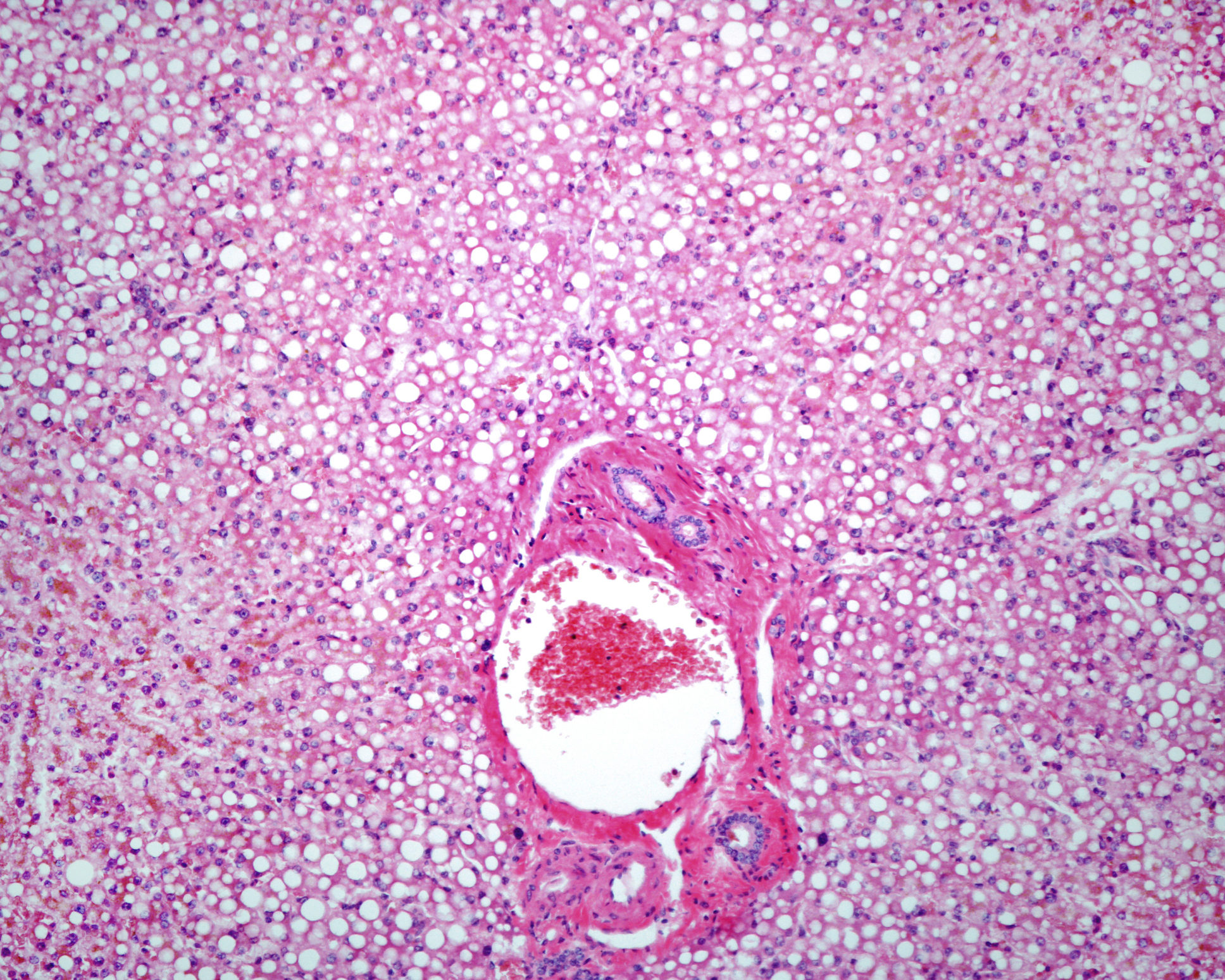In current pathophysiological concepts, functional dyspepsia (FD) and irritable bowel syndrome (IBS) are understood as a disorder of gut-brain interaction. To date, there is no causal treatment or standard therapy for IBS and FD. Menthacarin has demonstrated symptom-relieving effects in numerous empirical studies, including a real-world study by Noé et al. published in 2022.
Functional gastrointestinal disorders (FGID) can be diagnosed using the Rome criteria if organ pathological structural disease has been ruled out [1–3]. Compared to earlier consensus criteria, the Rome IV criteria place more emphasis on taking into account the overlap between FD and RDS [1–3]. As a result, chronic or recurrent abdominal pain is one of the most important symptoms of both FD and IBS, with IBS also being characterized by a change in bowel habits, consistency and/or frequency, as well as the occurrence of flatulence. In addition to pain, FD causes other upper abdominal complaints such as bloating, premature satiety and flatulence [2,5]. The time criterion requires that the symptoms have been present for at least 6 months prior to diagnosis and that the abdominal pain has occurred at least once a week for a period of at least 3 months [4]. The chronic or recurrent course of FGID can lead to considerable impairment of the quality of life and functional capacity of those affected [4].
Prospective observational study
Menthacarin® is a proprietary combination of essential oils of peppermint (Mentha x piperita L.; 90 mg WS® 1340) and caraway (Carum carvi L.; 50 mg WS® 1520). In Switzerland, Carmenthin® (active ingredient Menthacarin®) is approved by health insurance companies for the indication FGID [6]. To investigate the efficacy and tolerability in everyday life, Noé et al. a prospective multicenter cohort study [7]. For this purpose, 50 female subjects were recruited who suffered from dyspeptic complaints, in particular mild cramps in the gastrointestinal tract, flatulence and a feeling of fullness, and who were recommended treatment with Menthacarin® in the form of a commercially available preparation. The average age of the study participants was 53.8 years. The occurrence and severity of 13 dyspeptic symptoms were assessed using the modified Gastrointestinal Symptoms Rating Scale (GSRS). Patient satisfaction and tolerability were also recorded.
Pressure of suffering reduced significantly
As a result, the total GSRS score decreased from 48.6 ± 17.1 to 22.8 ± 12.3 points after 3 weeks (p<0.001). In 68.7% of the participants, there was an improvement within the first week of Menthacarin® administration. The greatest symptom-relieving effects were found for abdominal pain, flatulence and bloating. At the end of the study, 83.3% of those examined reported an improvement in their general state of health. 44.9% rated the perceived effect as “very good” or “good” and 30.6% as “satisfactory”. Tolerability was rated as “very good” or “good” by 83.3% of participants and 87.7% of pharmacists.
Findings are part of the evidence base
In a pooled analysis published in 2019 by Madisch et al. In three randomized controlled clinical trials, the effects of
Menthacarin® in subgroups of 111 FGID patients with comorbid FD and IBS [9]. The results showed, among other things, that pain intensity was reduced by an average of 50-75% over the course of a four-week treatment period. This is also mentioned in a meta-analysis published in 2023, although the focus of this work was on symptom relief in FD patients [8].
Literature:
- Tack J, et al: Functional gastroduodenal disorders. Gastroenterology 2006; 130(5): 1466-1479.
- Drossman DA, Hasler WL: Rome IV-Functional GI Disorders: Disorders of Gut Brain Interaction. Gastroenterology 2016; 150(6): 1257-1261.
- Talley NJ, et al: Overlapping upper and lower gastrointes tinal symptoms in irritable bowel syndrome patients with constipation or diarrhea. Am J Gastroenterol 2003; 98(11): 2454-2459.
- Lacy BE, et al: Bowel disorders. Gastroenterology 2016; 150(6): 1393-1407.
- Schmulson MJ, Drossman DA: What is new in Rome IV. J Neurogastroenterol Motil 2017; 23(2): 151-163.
- Swissmedic: Medicinal product information, www.swissmedicinfo.ch,(last accessed 02.04.2024).
- Noé S, et al: Menthacarin in functional gastrointestinal Disorders: A Pharmacy-Based Cohort Study. Pharmadvances 2022; 4(2): 78-87.
www.pharmadvances.com,(last accessed 02.04.2024). - Madisch A, et al: Menthacarin, a Proprietary Peppermint Oil and Caraway Oil Combination, Improves Multiple Complaints in Patients with Functional Gastrointestinal Disorders: A Systematic Review and Meta-Analysis. Dig Dis 2023; 41(3): 522-532.
- Madisch A, et al: Effectiveness of menthacarin on symptoms of irritable bowel syndrome. Vienna Med Wochenschr 2019; 169 (5-6): 149-155.
FAMILY PHYSICIAN PRACTICE 2024; 19(4): 36












